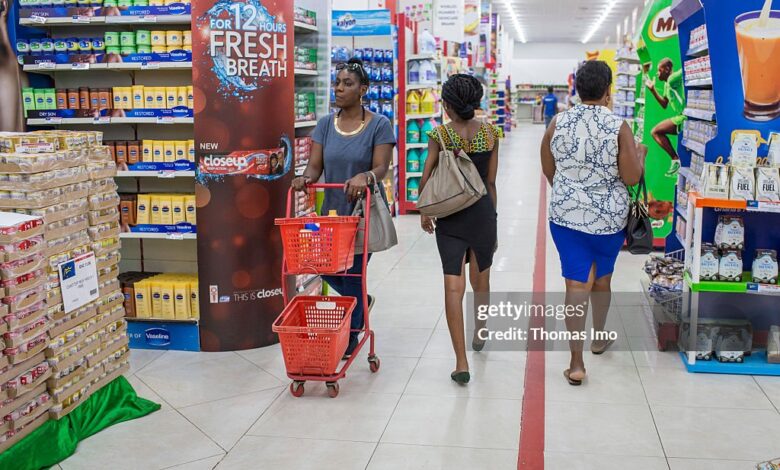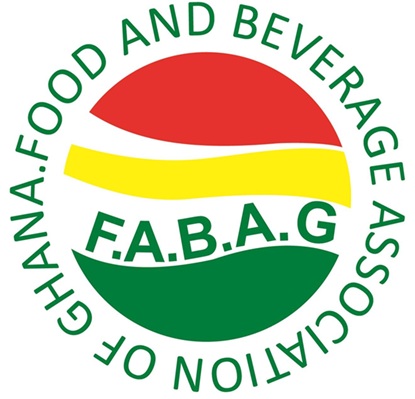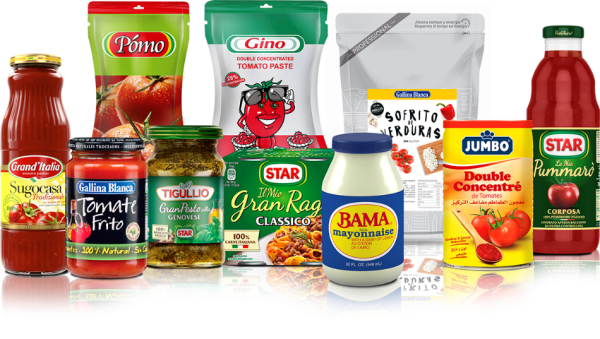Food and Beverage Sales Plunge 70%: FABAG Warns Utility Tariff Increases Will Cripple Sector

Ghana’s food and beverage sector is reeling from a severe slump, with sales plunging by 70 percent, and businesses warning that proposed utility tariff increases could deliver a crippling blow to an already struggling industry.

According to the Food and Beverages Association of Ghana (FABAG), restaurants, hotels, wholesalers and retailers are recording near-zero sales as consumers cut back spending amid the depreciation of the cedi and rising costs of doing business.
“This is not just a slowdown, it is a collapse,” said Rev. John Awuni, Chairman of FABAG. “Sales have fallen by 70% across the industry. Some businesses are reporting days with no sales at all. If this is happening in the food sector, which is a basic necessity, then we can only imagine how bad things are in the non-food sector.”
Rev. Awuni explained that the sector’s woes are being compounded by the Public Utilities Regulatory Commission’s (PURC) proposal to increase utility tariffs, particularly electricity charges from Electricity Company of Ghana ( ECG). He warned that such a move would push many small bakeries, cold stores and chop bars into closure, adding that jobs and livelihoods would be directly on the line.
The PURC is working to review the utility tariffs by some significant margin from October 1, 2025. The ECG has proposed over 200% hike.
Meanwhile , the International Monetary Fund (IMF) has indicated that it fully backs Ghana’s efforts at reviewing utility tariffs in the country’s energy and power sectors. The Fund believes that the expected increase will end the long-standing inefficiency in the electricity sector, supporting much investments and dealing with the accumulation of areas in the energy sector.
But FABAG will have none of that.

“Electricity is the lifeblood of our industry. From bakeries and beverage bottlers to sachet water producers and cold chain operators, every business in our sector depends on stable and affordable power. A tariff hike at this time will wipe out the thin margins of SMEs and destroy businesses that are barely holding on,” Rev. Awuni stressed.
FABAG also highlighted the knock-on effects for households. With utilities forming the foundation of food, transport and housing costs, higher tariffs are expected to fuel a new round of inflation. Prices of bread, kenkey, water and beverages will rise, while cold store operators and restaurants will be forced to pass the additional costs onto consumers.
“For many low and middle-income households, electricity and water bills already consume a large part of their disposable income,” Rev. Awuni added. “An increase now will force families to choose between paying their bills and putting food on the table. It will deepen energy poverty and push vulnerable households into even greater hardship.”
FABAG insists it is not against cost-reflective tariffs but argues that any increase must be fair, phased and linked to improved efficiency by utility companies. Rev. Awuni pointed to widespread inefficiencies within ECG, including non-functional prepaid meters and poor revenue collection, as issues that must be addressed before higher tariffs are considered.

“Ghanaians cannot continue to pay for inefficiency. Every cedi lost to poor collections, outdated infrastructure and system leakages should not be transferred to hardworking citizens and struggling businesses,” he said.
Should the proposed tariffs go through, the government’s flagship 24-hour economy policy could be undermined. Rising costs would erode the competitiveness of local producers under the African Continental Free Trade Area (AfCFTA) and reverse gains made under agro-processing initiatives.
FABAG has therefore urged the government and the PURC to reconsider the proposal and instead design protection measures for SMEs and vulnerable households. Expanding lifeline bands for low-income users and offering targeted relief to the food and beverage sector, it says, would be a more sustainable path.
“The survival of Ghana’s food and beverage industry is at stake,” Rev. Awuni concluded. “If sales continue to fall and tariffs rise, closures and layoffs will follow. The time to act is now if we want to protect jobs, safeguard households and keep Ghana’s industrial ambitions alive.”




